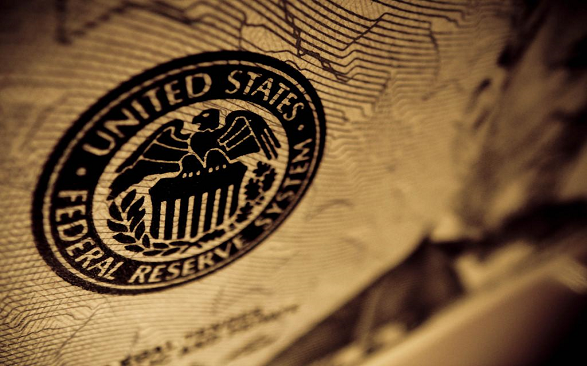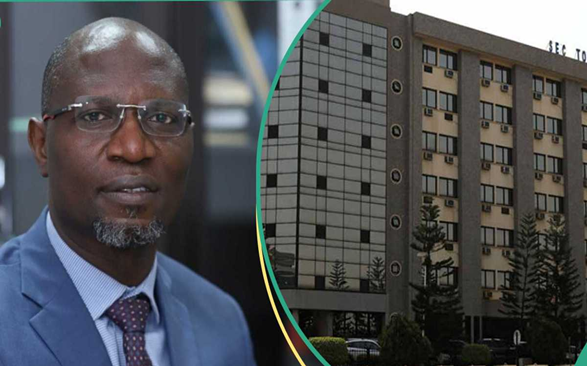With the 2024 United States presidential elections fast approaching, several candidates have voiced out their support for the crypto industry, perhaps as a tactic to gain votes from the vast community of crypto enthusiasts. While former president Donald Trump pledged to make the U.S the crypto capital on the planet at the Bitcoin Conference in Nashville, Vice President Kamala Harris has reportedly had several meetings with industry experts to discuss the future of crypto in the country.
One striking campaign promise that caught the attention of the crypto community and industry founders came from Robert F. Kennedy Jr. The presidential candidate recently stated that he would make bitcoin (BTC) a reserve asset for the U.S if he emerges as the next president of the country.
To achieve the feat above, Mr. Kennedy Jr. said he would sign an executive order for the U.S Treasury to purchase a total of 4 million BTCs, representing almost 19% of the total BTC supply. At the current market rate of $60,700 per BTC, the proposed amount is worth over $242 billion at the time of writing.
BTC as a U.S reserve asset would be great but poses significant risks, Charles Hoskinson reacts.
According to Charles Hoskinson, the co-founder of Cardano (ADA) and Input Output Global (IOG), the notion of making BTC a reserve asset for the U.S holds both significant benefits and risks for the crypto market.
Pros
For the upsides, Hoskinson implied that the proposed development would bring massive liquidity into the crypto market, leading to a positive impact on BTC price. He added that making BTC a reserve asset for the country would make the U.S government pro-Bitcoin to some extent.
Another benefit highlighted by the Cardano co-founder was regarding crypto regulation. As per the statement, he said adopting BTC as a U.S. reserve asset would lead to the introduction of clear crypto regulation in the country.
Read also: Price Forecast: “$13 million is the Bitcoin Base Case,” predicts Michael Saylor of MicroStrategy.
It bears mentioning that the U.S is among the countries with unclear regulatory frameworks for the cryptocurrency industry with its Securities and Exchange Commission (SEC) adopting the crypto regulation by enforcement approach. Led by Gary Gensler, the SEC has continued to crack down on U.S-based crypto companies, causing some to either leave the U.S. market to other regions or fold.
In his words: “It’s a mixed bag. On one hand, it would be great for the price of Bitcoin, and it would be great for US regulation of Bitcoin because the United States would be pro-Bitcoin in a certain respect.”
Read also: Governments with the biggest bitcoins in the world
Cons
Despite the benefits, Hoskinson discussed some risks associated with the U.S government holding such a huge amount of BTC. With centralization concerns at the top of his list, he implied that the U.S could use the proposed large holdings (4,000,000 BTC) and its geopolitical power to negatively impact BTC price if the government’s interest no longer aligns with the asset class.
Read also: Crypto market plummets amidst Iran-Israel conflict.
“On the other hand, it also means that if things happen the US disagrees with because it has a strategic interest in the asset, it may use its geopolitical power to change that. So, be careful who you welcome in and be careful of the powers of those people…”, Hoskinson said in the statement.
He added that an entity holding about 20% of an assets supply is only common with commodities. And this isn’t a good idea as it may lead to undue influence on the market and unwanted consequences, he warned. “Traditionally, this is done by conventional regulators, especially with commodities. We don’t like the idea of somebody buying up 20% of the world’s oil supply or something like that. So, that would be a cartel,” he added.
Read also: The U.S. Inflation-Crypto Conundrum: What It Means for Investors and the Future of Digital Assets
Notably, the U.S is the largest-known government holder of BTC, holding over 213,000 bitcoins on its balance sheet. Representing 1.015% of the crypto asset’s total supply, the U.S government’s BTC stash is largely attributed to confiscations.
Read also: Spot Bitcoin ETFs and the Crypto Market: The Other Side of the Coin
Ndianabasi Tom A crypto journalist and content writer who has been talking about cryptocurrency and blockchain technology since 2018, Ndianabasi is a Writer at Crypto Asset Buyer (CAB).
Discover more from Crypto Asset Buyer
Subscribe to get the latest posts sent to your email.




